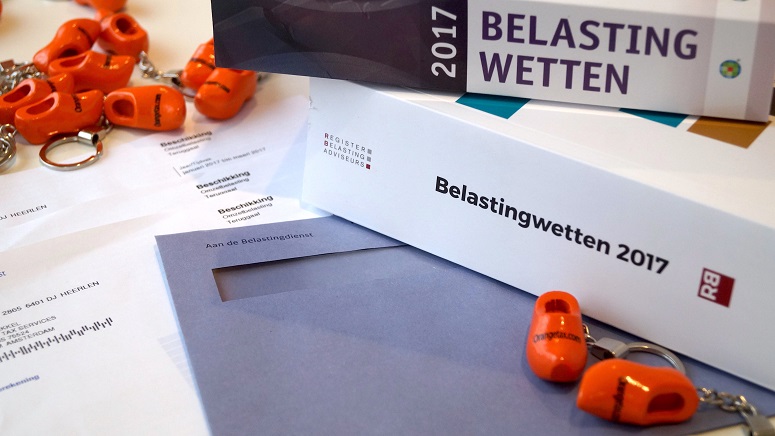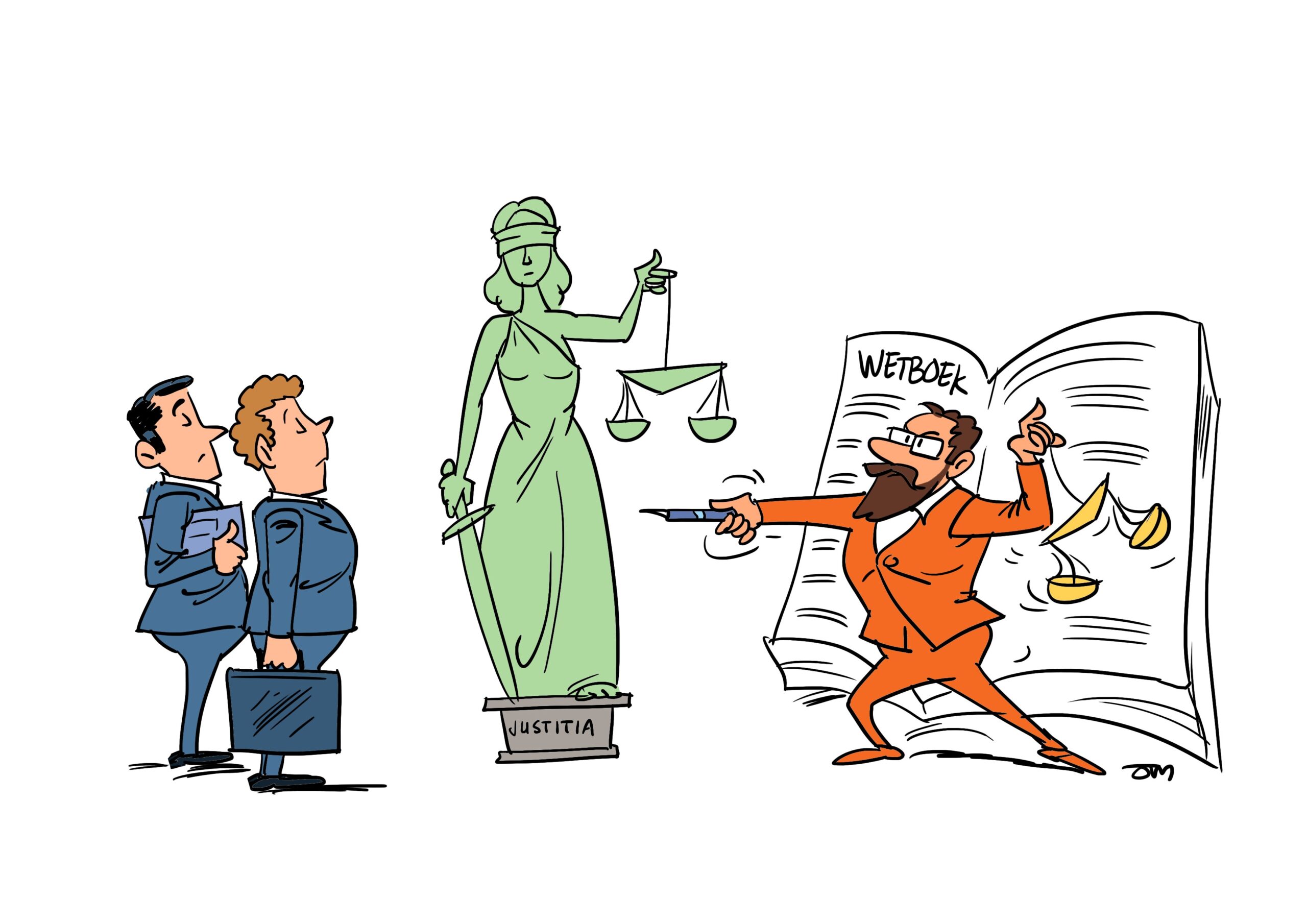Driving a company car in the Netherlands is not a free treat of the employer. Taxation and a company car go hand in hand for the private use of the car. The employee needs to add a percentage of the Dutch catalogue value to his or her income as that is regarded salary for private use. How can this go wrong?
Taxation and a company car: percentage added to the income
If you drive a company car then up to December 31, 2016 25% of the Dutch catalogue value is added to your income. That is a percentage which is fixed for everybody, unless it is clear the car is not so much used for the company, but nearly privately only, then the percentage could be increased.
Should the emission of the car be extremely low, a lower percentage is added to the income, if criteria have been met.
The 25% added to the income solves many aspect of private use of the company car. The travel home is covered, if you use the car for holiday purposes all car costs (tol, parking, ferry, petrol) are tax deductible. Fines not unfortunately.
Now, from 2017 onwards, the standard percentage added to the income is 22%. Politicians do what they are good at, hence the simple regulation has been changed in a very complex regulation. That implies if you drove a 25% car in 2016, the 22% does not apply to you, unless you change cars in 2017. Low emission cars have a low percentage added to the income of 0% or 4% or 7% depending on the year, emission and type etc.
If you then purchase the Porsche 918 and you think you can benefit from a 0% percentage added to the income for private use, you learn that this percentage is limited to a maximum catalogue value and the Porsche 918 does not qualify. Many more specific rules have been introduced this year.
Of course politicians would not be politicians if they would not complain about the tax legislation they proposed is becoming so complex.

How can the company car percentage added to the income go wrong?
The exception for the amount added to the income is when you can proof that you drive the car for private use for less than 500 km per year. The proof is not an easy task, as you need to show when, what time, what KM driven, what was the KM status of the car for what purpose you have driven the car. That can be solved with a black box in the car.
Taxation and a company car: How can it go wrong?
Besides the fact that you do exceed the 500km and you do not report that we have the situation of changing cars.
If you drive a company car and you can proof that you have not driven more than 500 km pro rata for the period of the year for private use then changing cars can be an issue. If you proof you do not need to add a percentage to your income for the one car, but you chose not to continue this for the next car, there is a problem.
The problem is that you still need to proof for the full calendar year you have not driven more than 500km for private use. So you need to continue working with the black box, also in the new car where you accept that 22% is added to the income.
So with the one car you prefer not to pay the tax and with the other car you do not mind to pay the tax, as it is for instance zero per cent. Within the year of changing cars you need to keep track of the KM driven the full year. It cannot exceed 500 km total, both cars combined.
Percentage added to the income – court case
In a court case an employee drove a company car for which 25% of the Dutch catalogue value was added to the income. She kept track of the private KM driven and managed to remain under 500km, hence nothing was added to her income for the private use of the car.
She changed during the year to a 0% company car. That implies no amount is added to the income for private use even if used for private use, hence the employee did not see the purpose of keeping track of the KM driven or she did not see the need to remain under the 500km. Hence she speed off and exceeded the 500km.
The tax office charged her with additional income tax due over the EUR 33.885 catalogue company car for the 308 days driven at a 52% tax rate being EUR 3.717.
The lady complaint because what is the point keeping track of the KM driven when 0% amount added to the income. The answer is a decision from the High Court that states that the 500km maximum amount that prevents a value being added to the income for private use of the company car is calculated per calendar year. Not per car.
In the calendar year two cars were driven, hence of both cars the KM needs to be monitored if the 500KM is not being exceeded. As that was not the case, the initial car the employee drove did not meet the requirements and pro rata the 25% of the Dutch catalogue value was added to her taxable income.
Orange Tax Services
The most advised question in the fiscal field is about taxation and a company car. Is it better for me to drive a company car or a private car? In the end the personal desires of the person driving the car make any fiscal advise given void.
If you are the employee and you cannot afford a car, get the company car. Cheaper you cannot drive. However, if you are the employee/entrepreneur and basically paying for everything yourself, business and personal. In that situation most of the time the cars that make it tax wise interesting to drive as company car is often not the desired car of the employee/entrepreneur. In that case it is better to drive the car privately.
How does the tax advice given become void? The employee/entrepreneur focusses on the VAT refund and the fact that the company is paying for the costs. However, the pain is in the annual amount added to the income and if the car is being sold, VAT is due. That is not experienced until the decision has already been made.




